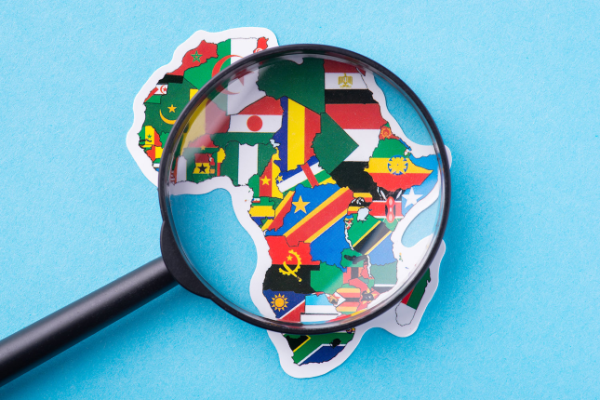01 April 2025

Eswatini Mobile emphasized that the rollout of 5G represents not just an upgrade in internet speeds, but a transformative shift in the way Emaswati connect, communicate, and conduct business. The company highlighted the potential of 5G to improve educational opportunities, stimulate economic growth, foster innovation, and empower local communities.
Despite the promising launch, the Kingdom of Eswatini faces challenges in fully realizing the benefits of 5G. According to the United Nations, Eswatini was ranked 113th globally on the e-Government Development Index (EGDI) for 2024, achieving a score of 0.6081 out of 1. While this score surpasses the African average of 0.4247, it still falls short of the world average of 0.6382, indicating room for improvement.
Further insights from a 2024 United Nations Development Programme (UNDP) study characterized Eswatini's digital readiness as ‘systematic,’ illustrating that the country is making structured progress in key priority areas of digital transformation. With an overall score of 2.6, the findings highlighted various dimensions of digital development while also indicating areas that require more attention and investment.
To leverage the opportunities presented by 5G, Eswatini must invest in infrastructure to expand the network beyond its current availability in urban centres like Matsapha and Manzini. According to Swedish firm Ericsson, the basic cost of deploying 5G infrastructure ranges from $3 billion to $8 billion, with an additional 20-35% required to enhance network coverage nationwide.
Another crucial factor for successful 5G adoption in Eswatini is the availability of compatible smartphones. The high cost of these devices poses a challenge that could limit the uptake of 5G services and hinder the effectiveness of digital platforms, whether they are government-initiated or driven by startups.





.gif?lu=925)

